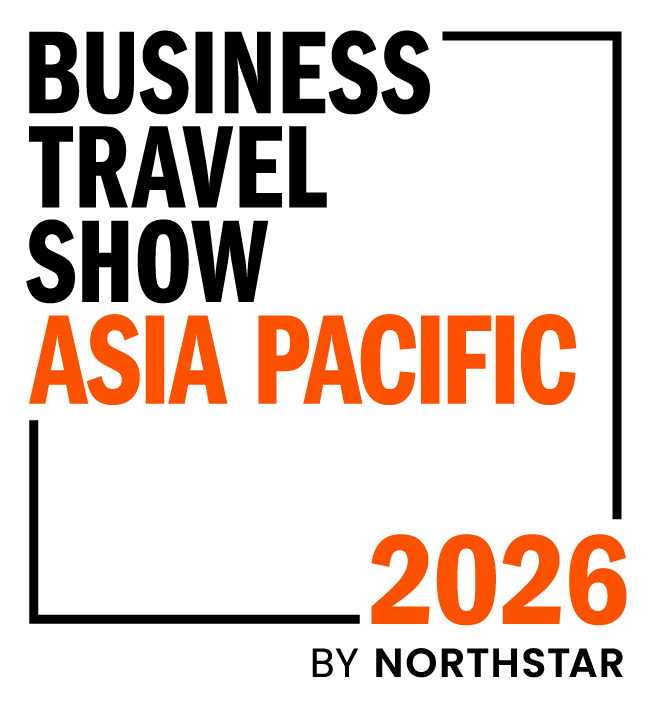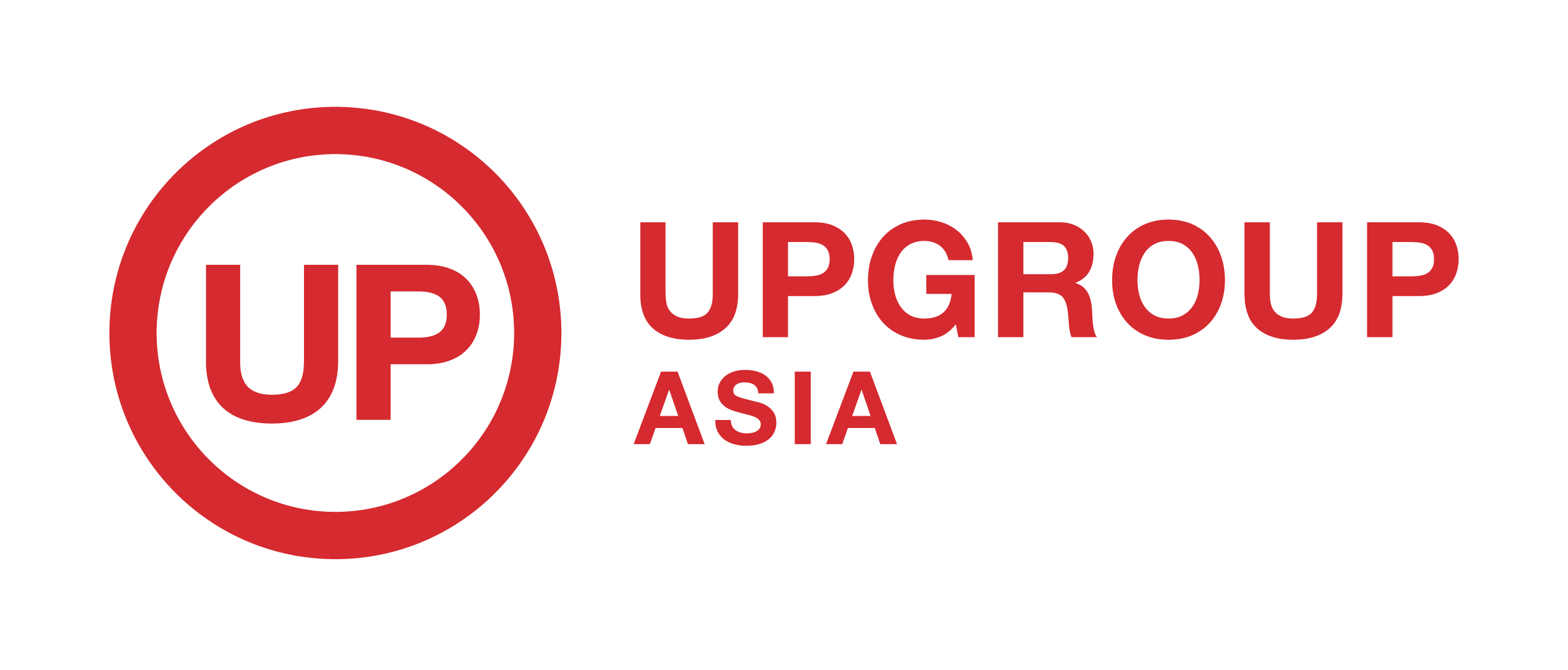Buyer Spotlight: Adelina Kang on balancing cost, experience, and sustainability in Asia Pacific
)
- Original Contribution by: Jonathan Carter-Chapman, Marketing Director, Northstar Travel Group
- In conversation with: Adeline Kang
- Published: October 2025
- Topics: Corporate Travel, business travel management, sustainable travel programmes, corporate booking tools, TMC Asia Pacific
- Read Time: 5 mins
Quick summary
In this edition of our Buyer Spotlight series, Adeline Kang explains what it takes to run a high-performing corporate travel programme across the Asia Pacific region. From balancing cost and traveller experience to advancing sustainability and data-driven strategy, Adelina shares practical lessons for today’s business travel landscape.
Our Buyer Spotlight series
In our Buyer Spotlight series, we ask leading corporate travel buyers from across the Asia Pacific region to learn how they’re managing the ever-shifting realities of business travel.
From technology adoption to sustainability and supplier partnerships, each conversation offers a glimpse into what’s working (and what’s not) for travel programmes in one of the most diverse regions in the world.
This week, we spoke with Adeline Kang, who manages a multi-market travel programme spanning key Asia Pacific markets. Adeline shared candid insights about what it takes to run a smart, sustainable, and traveller-focused operation in today’s climate.
Q1: What’s the biggest challenge you’re currently facing in your travel programme?
“An online booking tool that is able to support low-cost carrier bookings, multi-segment, smart faring, non-GDS content and split payment.”
Adeline gets right to the point — content fragmentation remains one of the toughest challenges in Asia Pacific. With so many low-cost carriers and non-GDS options, buyers are constantly looking for booking tools that can bring everything together without compromising compliance or traveller convenience.
It’s a familiar frustration across the region: travellers want flexibility, procurement wants visibility, and the tech still hasn’t fully caught up.
Q2: How are you balancing cost control and traveller experience across such a diverse region?
“We are directing simple bookings (point to point) to our corporate online booking tool and working with our appointed travel agency to focus on talent and allocate travel consultants with better faring and communication skills.”
Adeline’s approach is pragmatic and people-focused — automation for the simple, expertise for the complex. By sending straightforward trips through the OBT and reserving skilled consultants for the trickier itineraries, her team maintains both efficiency and service quality.
It’s a model that shows how technology and talent can complement, not compete.
Q3: Has your approach to sustainability shifted over the past year?
“No, we continue to focus on the concept of essential travel, encouraging employees to consider if travel is required or if a meeting can take place virtually.
We also continue to advance our efforts in encouraging the use of Rail vs Air, investment in SAF and remain focused in our efforts to drive actionable sustainability.”
Rather than chasing every new sustainability trend, Adeline keeps her programme grounded in what’s actionable: travelling only when necessary, choosing rail where possible, and supporting sustainable aviation fuel.
It’s a measured, realistic approach — one that recognises sustainability as an ongoing commitment, not a campaign.
Q4: What do you wish more suppliers understood about supporting buyers in the Asia Pacific region?
“Suppliers should put their investments in the right place, and provide solutions that are fit for purpose for our very diverse and infrastructurally fragmented Asia Pacific region.”
Asia Pacific's diversity means that one-size-fits-all solutions rarely work. Adeline’s point is a valuable reminder for suppliers: success here depends on flexibility and localisation — from payment options to servicing and content delivery.
Q5: How are you using data to make travel programme decisions more strategic?
“We use a data aggregator to consolidate all data for travel, meetings and congress across multiple suppliers so that we can have better oversight of our overall strategy and performance.”
For Adeline, data is the backbone of strategy. Bringing together information from multiple suppliers provides a unified view of spend, sustainability metrics and traveller patterns — turning complexity into clarity.
Q6: What technologies have made the biggest impact on your team this year?
“Rolling out a 24/7 global access hub for more than 70% of our global volume across key markets around the world.”
Round-the-clock service isn’t just a convenience — it’s essential for a global workforce. Adeline’s rollout of a 24/7 hub has improved response times and traveller confidence while giving her team better control and visibility across markets.
Q7: What’s one piece of advice you’d give to a peer managing travel across the region?
“There is no vendor currently in this region that is perfect. Price vs Customer Experience vs Innovation — it’s all about balance.”
That sense of balance runs through everything Adeline has shared. Whether it’s technology, cost or sustainability, the most successful programmes find equilibrium rather than perfection.
Closing Thoughts
Adeline’s perspective captures the essence of managing corporate travel in Asia Pacific: complex, diverse, and constantly evolving. From smarter booking tools to sustainable choices and data-driven decisions, her approach is grounded, practical and forward-looking.
Want to connect with travel leaders like Adeline Kang?
Join us at the Business Travel Show Asia Pacific 2026, where buyers, suppliers and innovators come together to share insights, solve challenges and shape the future of corporate travel.







